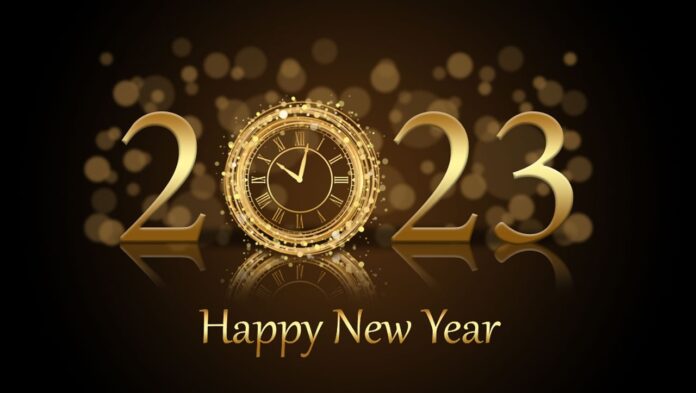Civilizations worldwide have celebrated each New Year’s start for at least four millennia. Many New Year festivities today start on December 31st (New Year’s Eve), the Gregorian calendar’s final day, and last until the early houses of New Year’s Day. Common traditions include making resolutions for the upcoming year, eating special foods, watching fireworks, and attending parties.
The earliest recorded activities that honored the New Year’s arrival date back about 4,000 years to Babylon. The ancient Babylonians considered the first new moon that followed the vernal equinox – the day in March consisting of an equal amount of darkness and sunlight to herald a new year’s beginning. They marked New Year’s Day with a huge religious festival known as Akitu. The name Akitu is derived from the word for barley in Sumerian, and in those days, people harvested it in the spring. Apart from the New Year, the Akitu festival involved different rituals during the 11 days it was held.
Everyone considers New Year’s Day to be important. We always give special importance and attention to new things. The same applies here. The reason why we celebrate New Year’s Day is that it signifies a beginning. It is not just about resolutions and celebrations. New Year’s Day symbolizes motivation for several new beginnings.
New Year celebrations hold great significance both in the past and modern era. Regardless of the culture or tradition, people follow every New Year, and the intention is that the gained good through the celebrations will enable them to have a prosperous year ahead. The activities we engage in and our emotions will greatly impact the coming days. Therefore, everyone celebrates the year’s first day with pomp.
Just like we celebrate our birthdays, New Year’s Day offers us an opportunity to celebrate making it through another 365 days. The year-end obituaries of those who failed to make it through the year represent the flip side.
Our New Year resolutions are also about survival, such as living better, healthier, and longer. They illustrate the human desire to have some control of the future since it is unsettlingly unknowable. Failing to know what will come means we are unsure of what to do to stay safe. We aim to do certain things in the New Year to counter the worrisome powerlessness.









